At the same time, I have been amazed by the lack of understanding regarding how contentious politics generally plays out. No one is really to blame for this... Actually, academics are partly to blame for this. Much of what we have written and talked about is not intended for mass consumption and thus when something like Portland contention happens, there is really no resource that someone could use to figure out what is what as well as who is who.
Given this, I thought it would be useful to identify some of what the extensive research on the topic teaches us. Feel free to keep this up on your screen as you look at the news:
- A protest event and a social movement are not one thing, they are not one group, the participants are not of one motivation, there is rarely a single tactic that is used. What you see in the picture/any picture is one fragment of the whole event. Zoom into the picture - away from the front row. Keep going back and then back further. Different things are going on at different points but they are all "together". Or, are they?
- In contrast, the government side of the contentious interaction (i.e., counter-movements) is generally much more unified in all the dimensions noted above - at least those deployed to face off against protestors. There may be some variation but the government is generally able to swap folks out in a more effective way than protestors.
- Who shows up on the protestor side? Different types of people: the committed, the converted, the thrill seeker, the informant, the provocateur, the voyeur, the novice. Each of them likely has a different conception of why they attend, what they are willing to do, why and how far they are willing to go.
- Who shows up on the states side? those deployed and those who volunteer. While there might be some variation here, I would again suggest that there is less variation than what exists on the protestor side because of a variety of filters: i.e., a tolerance for order taking and training, desire to carry a weapon, etc.
- What protest and police actions gets amplified (covered and distributed to a larger number of people)? Those that are the most violent (what bleeds still leads), those taking place closest to media, those that are the loudest and those that are often the most bizarre relative to that which is normalized over time.
- What should be amplified? The average sentiment and/or original intent of the aggrieved. Of course, claims making efforts evolve over time. New topics come up. People change their opinion. There are no census takers at a protest event but perhaps we should think of something like that. Would that not be the most straightforward way to understand what is going on? Why just listen to the spokesperson or the person with the mic?
- Will you as the observer/consumer agree with everything that is done? No. Indeed, you might think that the rage that you see someone engaged in or what you perceive as wanton criminality is unnecessary or ineffective for communicating the desired point. As you begin to judge though, consider the variation noted above and then consider contextualizing the activity not only within the situation confronted on the street but also within the situation of the person's whole life up to that point. We would like simple and straightforward explanations for people's actions but these are rarely found. Rage or bliss might be what is both most natural and most appropriate in a given situation but this should not lead to a wholesale dismissal/approval of a protest event or an episode of protest policing for that matter. We need to view all of the events and evaluate them together. Some of this appears to be missed in the current context. There appears to be some unspoken metric used to evaluate as well as judge the activities of those protesting anti-police violence. People in diverse venues appear to be saying: I Really Don't Approve of How Some of You Protest Your Subjugation. But, this is a difficult position to maintain. Where we these people when the violence was being enacted? How would they respond to the same historical pattern of abuses if directed against them and their community? What is appropriate, right and just as Charles Tilly or Sid Tarrow would ask us? Who gets to make that call? These are the discussions we need to have as a community.
- Should you hold protestors and police accountable for what takes place at relevant events? Yes. But, before you do, consider two things. First, you need to make sure that what happened actually happened. Agents provocateur are sent to protests in order to do things that make protestors look bad - justifying government behavior. What you think is a protestor might not actually be. It rarely goes the other way with a police officer actually being a member of the challenging institution. Second, you need to make sure that you are not following the sideshow as opposed to the main event - has the protest activity (i.e., looting and property damage) come to occupy a large percentage of the actions undertaken or the time spent by protestors or has the police activity (i.e., pepper spraying and rubber bullets) come to occupy a large percentage of the actions undertaken or the time spent by police.
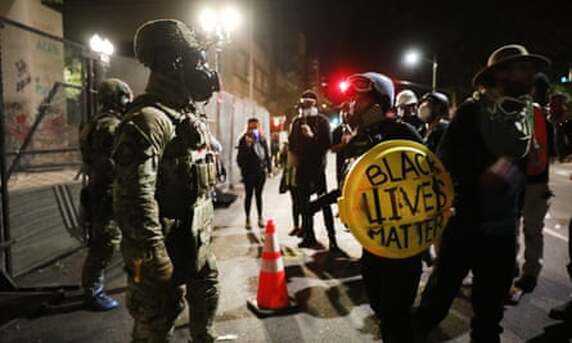
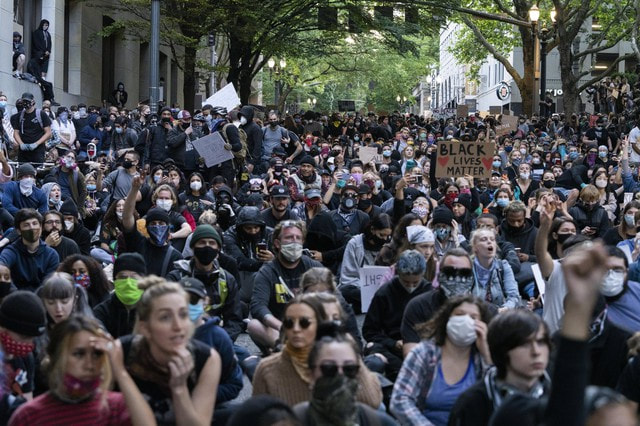
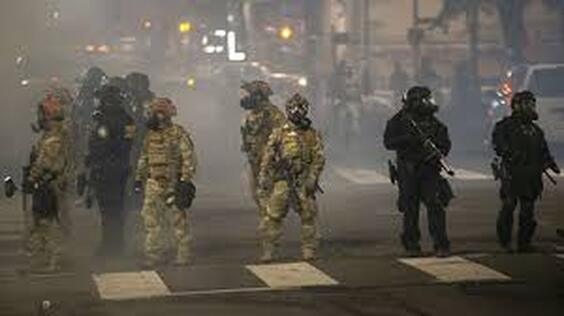
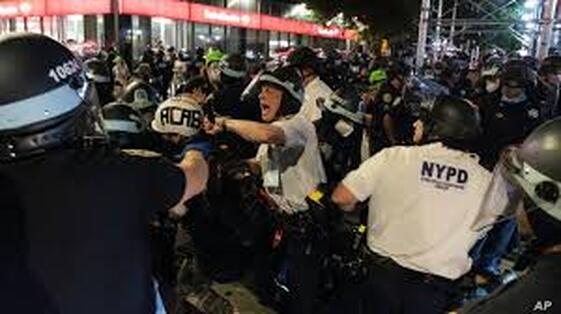
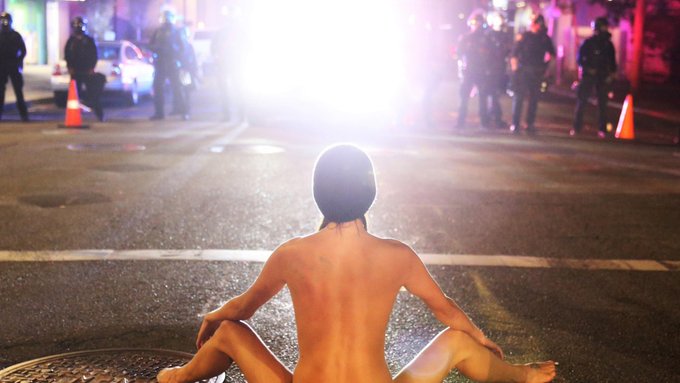
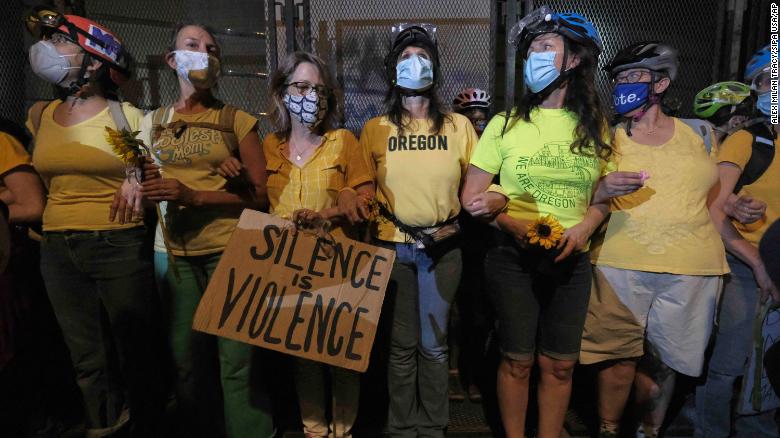
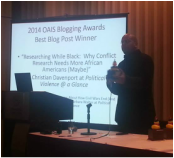
 RSS Feed
RSS Feed
